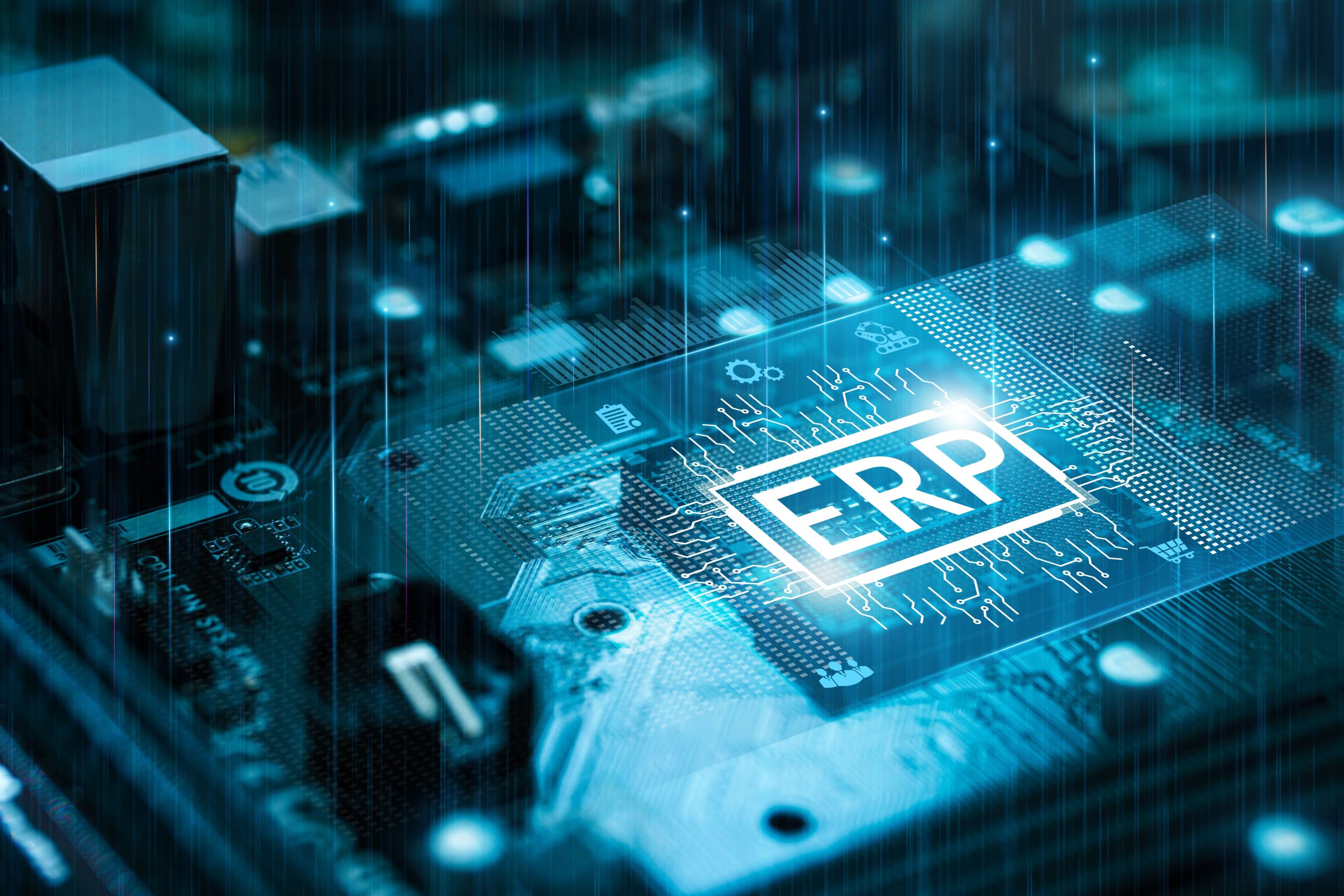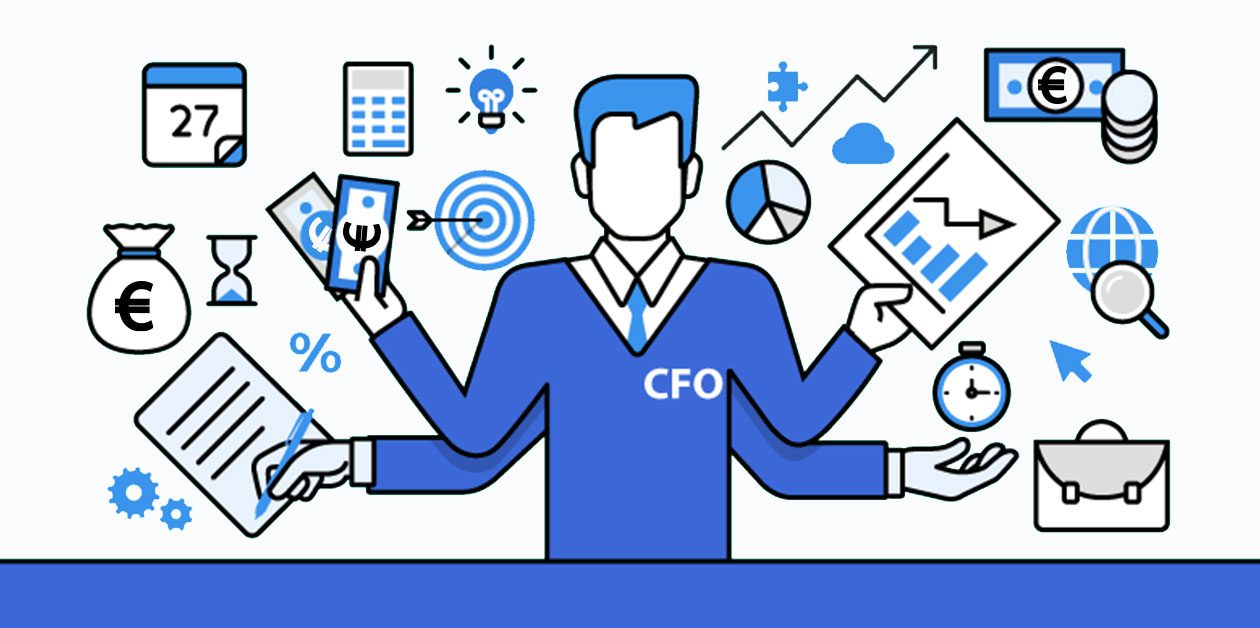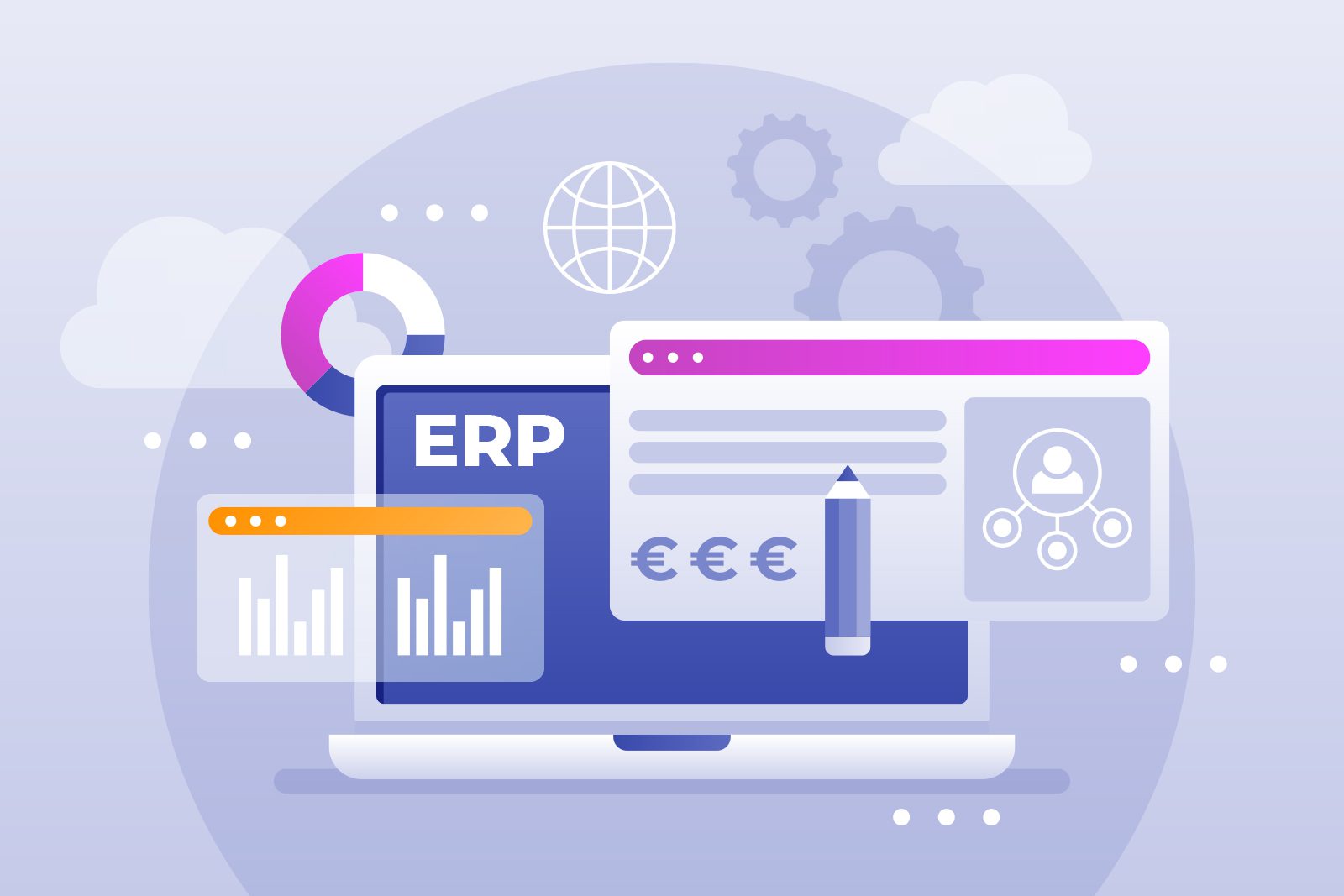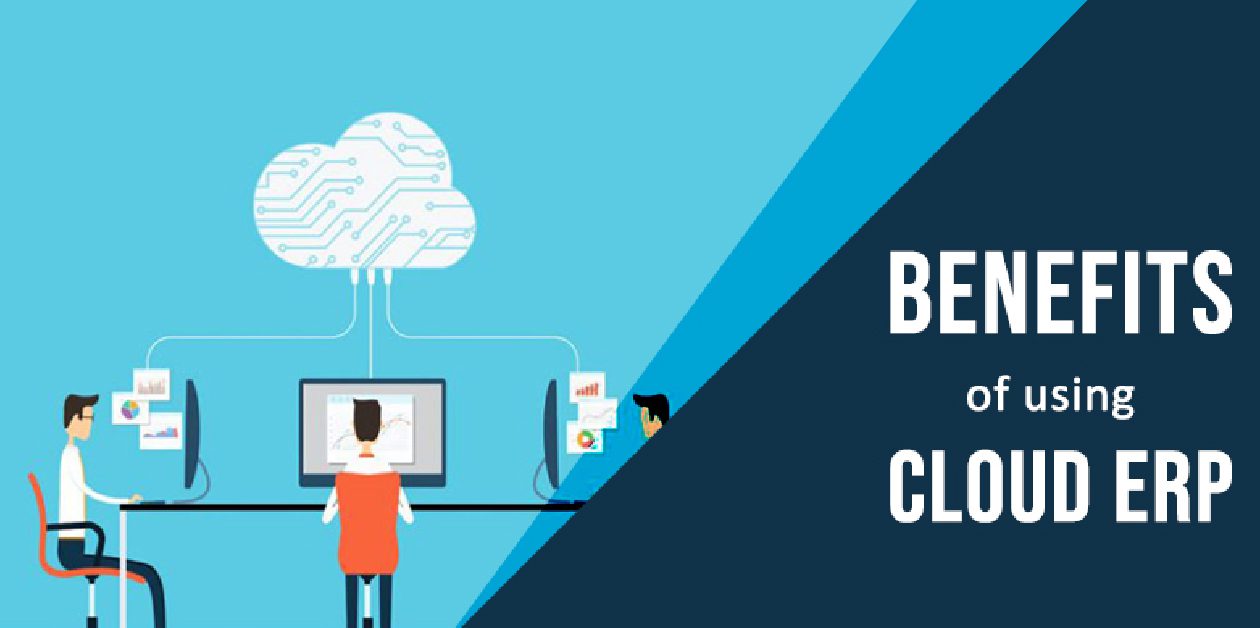Share
Read also

Mobility
How is EM shaping the way SMBs operate?

Trends & Views
Digital Transformation & AI: How prepared is your business?

Business Software
AI and ERP: the wave that is coming

Trends & Views
Digital transformation trends for 2025
Primarily, CFOs estimate that cloud ERP, combined with AI technologies such as machine learning, can automate daily financial management tasks and thus, eliminate dependency on custom reports. Having all the required information in the cloud, entails multiple business advantages.
Reports
Cloud ERP allows for even quicker reporting, in response to the growing demand, enabling users to generate not only monthly reports, but also weekly or even daily ones. Thanks to cloud ERP, you can use any type of reports you want, whenever you want them, without having to rely on the obsolete (and not so useful after all) solution of keeping multiple spreadsheets.
Compliance
Regulatory compliance is another important factor driving businesses to the cloud. It is not a mere coincidence that, in relevant surveys such as the Constellation Research’s 2018 CFO Priority survey, a significant percentage of 41.9% replied that compliance is their top priority. Furthermore, ensuring compliance must be an automated process, and reports generated by AI drastically reduce the required time and resources, enabling your business to respond to compliance requirements. CIOs should become more interested in what CFOs want, given that they share many common concerns, especially when it comes to security and compliance.
Crisis management
Crisis management is another important priority for CFOs, as 40% of them have reported in relevant surveys. An ERP system using AI can significantly help business executives assess the risks of a given scenario, and the overall risks in general. Then, the system will propose the best course of action, taking into consideration the above-mentioned risk factors. On a more general level, cloud infrastructure offers businesses the most advanced and effective way to run their most critical applications.
Combining AI and ERP
Those that opt for a cloud-based solution rather than an on-premise one, can actually take advantage of lower-cost computing power at any given time. Another advantage is that cloud-based software is automatically updated. And then, of course, is machine learning that is now integrated into cloud-based ERP systems, enabling customers not only to run the existing modules more effectively, but to also identify the best possible actions, and therefore find new opportunities for profitability.
The synergy between AI and cloud technology is drastically changing the way people are acquiring technology. In simpler terms, users do no longer buy a system. They buy the ability to ask a question. Even better, soon they won’t just buy a software solution, but rather insights that will allow them to prepare their future actions.







